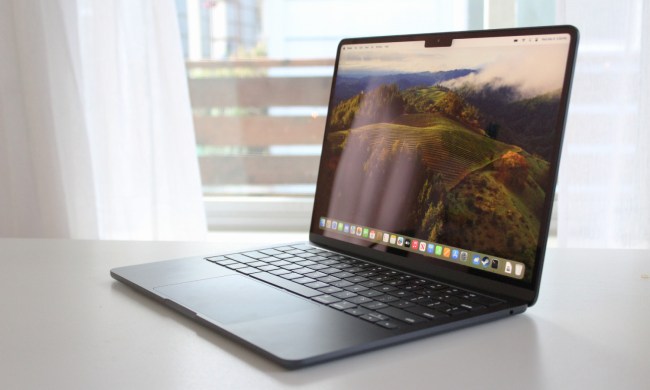
Arc has blown a breath of fresh air into the crusty world of web browsers, but the company responsible for it isn’t done yet. The Browser Company has an entirely new browser is in the works, as confirmed by co-founder and CEO Josh Miller in a YouTube Video.
There is no official information about the browser’s name or release date. However, the company wants to “make the first 90 seconds effortless” to lure users and show them what it can do for them.
While focused on the upcoming browser, Miller also confirmed that during the development of the new browser, Arc will continue to receive big fixes and stability updates. He also confirmed that the team feels nothing is left to do with Arc and wants to listen to user feedback expressing strong satisfaction with its existing feature set. The company wants to give users a streamlined experience with the new browser and make it more accessible.
The Browser Company has dedicated years to creating the unnamed browser and wants to aim at it being a proactive app platform that is also AI-centric and powerful. The company’s goal is for the new browser to be more attractive to users than Arc. It wants to offer users a browser with horizontal tabs and automated tasks to make things easier for them. Such tasks could include data transfer among enterprise apps or getting order numbers for customer support.
The company has not confirmed an official release date, but rumors suggest it will launch at the beginning of 2025, if not later that year. Miller recognizes the complexity of Arc and its unique features, which appeal more to tech enthusiasts than regular users. Hopefully, we’ll hear more information on the basics of the upcoming browser, such as its name and main features.



